
Very few franchises in this medium have the sort of unshakable legacy that Metal Gear Solid does. For decades, time and again, under Hideo Kojima, Metal Gear delivered back to back spectacular, genre defining, with hardly any dips to speak of, so it’s fair to say that the series has earned its reputation as one of the best this medium has ever had to offer. And yet, for what feels like an interminably long time, Metal Gear has receded into the background. It’s passed on into history, like it’s a thing of the past, not something that we’re actively thinking about and engaging with right now.
So how did it get to this point? How did we go from Metal Gear Solid dominating mindshare and delivering one masterpiece after another over a pretty long period of time, to it suddenly turning into a what is essentially a dead franchise? What the hell happened to Metal Gear?
Konami’s legendary stealth franchise broke into the mainstream when Metal Gear Solid launched for the original PlayStation in 1998- though that was not, of course, the beginning of the series itself. More than a decade before that, a young Hideo Kojima led the development on Metal Gear, launching it with Konami for the MSX in 1987. In 1990, Konami followed up on it with a standalone spinoff/sequel for the NES called Snake’s Revenge, before releasing a proper full-fledged sequel, Metal Gear 2: Solid Snake, that same year for the MSX.
Those earlier, top-down 2D Metal Gear games were solid enough in their own right, especially the two mainline MSX titles. Neither of them have aged particularly well, but even so, they were enjoyable stealth experiences with what were, at that time, surprisingly engaging stories. And of course, much more important was the fact that even in those relatively games, Hideo Kojima and his team were laying down the foundations of what they would go on to achieve in future instalments.
Kojima certainly took his time with Metal Gear Solid. An eight year gap separated it from Metal Gear 2’s launch, but leveraging the PS1’s much more powerful hardware than what they had had to work with in the past, the development team ended up delivering what is, to this day, one of the most influential games ever made. Metal Gear Solid’s focus on storytelling, complete with cutscenes and voice acting and a kickass soundtrack to boot, rendered in 3D visuals – and remember, all of this stuff was cutting edge for games back then – all of this elevated it to untouchable heights. As one of the first games in the medium to truly show how integral story and storytelling can be to a great game, Metal Gear Solid’s legacy is immense.
Kojima and Konami certainly didn’t waste much time in capitalizing on the sudden wave of success they were riding after the launch of Metal Gear Solid. Over the next couple of years, we got experimental, smaller releases, like the MGS expansion VR Missions in 1999, or the Game Boy version of the first game (which was surprisingly excellent). Not long afterward though, in 2001, the PlayStation 2 saw the launch of an instant classic in the early stages of its life with Metal Gear Solid 2: Sons of Liberty.
The hype surrounding Metal Gear Solid 2 in the lead-up to its launch was unbelievable. Every time the game had been shown off before its release, it looked absolutely spectacular, boasting incredible realism and visuals and significant improvements to the already excellent stealth gameplay and storytelling of its predecessor. Its launch was, of course, met with some controversy, with Konami’s bait-and-switch pre-release marketing completely hiding the fact that for most of the game, Solid Snake is a secondary character, with newcomer Raiden instead being the protagonist.
At the time, Metal Gear Solid 2 caught quite a bit of flak for that, with many players upset about the reduced role of Solid Snake, and unhappy about playing as what was, at the time, viewed as a whiny and annoying character (though over time, Raiden would, of course, go on to completely win over Metal Gear fans). Interestingly enough, you can draw plenty of parallels between the backlash both Metal Gear Solid 2 and The Phantom Pain faced at launch. As the years passed though, the controversy surrounding MGS2’s launch subsided, and people realized that when viewed on its own merits, it’s an excellent game.
The stealth mechanics were incredibly tight, the level design was spectacular, there were a bunch of excellent boss fights in the game. Visually, the game was spectacular, and where storytelling was concerned, even with Solid Snake not playing as prominent of a role, MGS2 told an amazing story, one that not only had memorable moments and great characters, but also one that was over time proved to be surprisingly insightful and ahead of its time.
Metal Gear Solid 2 was definitely a swing for the series, a successful risk that paid off in spades. And after two consecutive stealth masterpieces, expectations from any follow ups were bound to be sky high. In 2004, we saw another flurry of activity from the series. First came Metal Gear Solid: The Twin Snakes for the GameCube, which, frankly, isn’t a great remake of the first game in most ways. Towards the end of that year, Metal Gear Acid also launched in Japan, and then in the West just a few months later. A fun distraction, but a largely forgettable spinoff.
Of course, 2004 was also the year that Metal Gear Solid 3: Snake Eater came out. Unlike Metal Gear Solid 2, MGS3 was exactly what was promised, and exactly what it was expected to be- a spectacular stealth game. And though it wasn’t nearly as surprising as its predecessor and didn’t do as much to grab headlines, so to speak, it still grabbed everyone’s attention. And that was purely on the back of how unbelievably good it was. Kojima and his team once again honed their excellent stealth gameplay and mechanics in intelligent ways, most notable with the addition of camouflage as a mechanic, while Metal Gear Solid 3 also surpassed the achievements of its predecessors in various other crucial areas as well- characters, the story, boss fights, you name it. Naked Snake was an excellent protagonist, The Boss remains one of the most complex and fascinating characters of all time, and then there were the likes of Revolver Ocelot, Volgin, and Eva- each a crucial part of the Metal Gear saga. To this day, there are many who regard Metal Gear Solid 3 not only as the best game in its series, but also as the best stealth game of all time, period- and it’s not hard to see why.
After Metal Gear Solid 3, for the next few years, we saw quite a few Metal Gear spinoffs coming out. Metal Gear Acid 2 launched in 2006, and much like its predecessor, it was a decent but unremarkable game. In that same year, we also got Metal Gear Solid: Portable Ops, a proper, full-fledged Metal Gear game for the PSP which turned out to be excellent in its own rights, providing solid stealth action and an engaging story in a handheld experience. At the time, Portable Ops was supposed to be part of the Metal Gear canon, but Kojima would eventually go on to change his mind- which still frustrates some series fans… but that’s a different discussion.
2008 was when Metal Gear swung for the fences again, in the form of Metal Gear Solid 4: Guns of the Patriots. Billed as the conclusion to the long-running saga, MGS4 had impossibly high expectations to like up to, and the hype and attention that it garnered all the way up to launch was unbelievable. And when it came out, it was excellent- though it would also be fair to say that at the time of its launch, Guns of the Patriots was also the most divisive game in the series.
It clearly did a lot of things right. Mechanically, it was, once again, a spectacular stealth game, continuing the series’ upward trajectory in that department. Visually, it was a stunner, clearly having leveraged the PS3’s hardware to great effect. Narratively, it was probably the most ambitious game of its time, not just because its story was ambitious and was told in an ambitious way, but also because it had to properly wrap up an infamously convoluted, long-running saga, which was no easy task. Viewed on its own merits, Metal Gear Solid 4 is an amazing game.
But it’s also been criticized for a number of things over the years, and many of these criticisms are more than fair. Metal Gear cutscenes are always a joy to watch, and MGS4 had a lot of well-directed ones, but its infamously long cutscenes were- well, they were pretty damn long. And a lot of people liked that, but there were just as many people who actually wanted to play the game. Other criticisms brought up issues with the story as well, primarily because of what was essentially deemed as an excess of fan service, almost to the point where it felt like MGS4 was tapping hard into nostalgia just for the sake of it. And, of course, there were the nanomachines, which turned out the be the ultimate deus ex machina.
Either way, Metal Gear Solid 4 was a fitting conclusion. Ambitious and dedicated to its vision, and doing things that no other game would do in service to that vision. But though it was the narrative conclusion, it wasn’t, unsurprisingly (and in spite of Hideo Kojima’s repeated best efforts), the conclusion of the franchise itself. Because there were more great Metal Gear Solid games after that. Of course there were.
There was Peace Walker in 2010, a game that was, early on in development, meant to be Metal Gear Solid 5. Kojima viewed it as integral to the series’ story, serving as a direct sequel to Metal Gear Solid 3, and was insistent on releasing it as a mainline numbered title. But with it being a PSP game and all, Konami decided to remove the number and just release it as a mainline spinoff, so to speak. But honestly, it was good enough to be a numbered game. Peace Walker’s mission structure and general progression are quite different from all the Metal Gear games that preceded it, but it is an addictive, mechanically dense, and surprisingly replayable game- and, of course, tells a great story.
Not long afterward, in 2013, we got Metal Gear Rising: Revengeance. Kojima and Konami had tried to get the idea off the ground before, of an action-adventure Metal Gear spinoff featuring Raiden as the protagonist and focusing on hack-and-slash gameplay. That didn’t pan out, and they ended up turning to PlatinumGames for help- which, as we now know, was a really smart move. Metal Gear Rising is still one of Platinum’s best games to date, and as a character action game, stands as tall as all the giants of its genre. Definitely not a traditional Metal Gear experience, for very obvious reasons, but still an unmissable one.
Of course, the next mainline numbered title was also not a traditional Metal Gear experience. As desperate as Kojima was to be done with Metal Gear and make something new, the franchise would go on to continue with Metal Gear Solid 5– and this was where the trouble began.
Just as he did with MGS2, Kojima once again rolled the dice on what was a pretty big gamble with Metal Gear Solid 5. That, in fact, was something that bled over into the game’s marketing as well. Its initial reveal as what was supposedly a new IP called The Phantom Pain by an unknown developer called Moby Dick Studio only fooled people for a short while, and that whole thing with Hideo Kojima covering his face with bandages and appearing in an interview was fun, but ultimately, the game was revealed as Metal Gear Solid 5: The Phantom Pain. And it was making huge changes.
It was going fully open world. It was removing series stalwart David Hayter, instead bringing in to play Kiefer Sutherland to play Big Boss (or so we thought). After Metal Gear Solid 4, it was also dialing back on the emphasis on storytelling, focusing this time on emergent open world stealth gameplay. It was a huge experiment, and Kojima’s desire to be freed from the restrictions of working on the same property for years on end was clear to see. Metal Gear Solid 5 was promising to be completely unlike anything Metal Gear had ever been in the past.
It worked and it didn’t work. It worked because mechanically, both Ground Zeroes and The Phantom Pain are spectacular games. Hands down, those two are the best playing stealth games at this moment in time. They’re mechanically dense, their open world is full of interconnected systems that lead to excellent emergent gameplay, they boast amazing artificial intelligence. When you’re actually playing Ground Zeroes or The Phantom Pain (the latter especially), you’re guaranteed to be having the time of your life.
But The Phantom Pain was crippled by so many significant issues. Issues during its long and protracted development cycle are well-known by now, and those issues manifested in ugly ways in the game. Most of the second half didn’t make it into the final product, and instead had to be replaced be what were basically remixes of previous missions. There was also the fact that the game was literally incomplete, ending abruptly and having left so many questions unanswered because important parts of the story had to be cut out due to time constraints.
Many also felt that in its attempts to tone down its focus on storytelling after MGS4, it ended up overcorrecting. The story was severely de-emphasized in Metal Gear Solid 5, with very few cutscenes and crucial details being relegated to missable audio logs. And of course, that final reveal of Venom Snake’s identity was not a popular one, and remains controversial to this day. And those weren’t the only issues- a barren open world, features being cut from the game, a disappointing lack of boss fights… as mechanically spectacular as it was, Metal Gear Solid 5 was weighed down by just too many issues.
What really stings, of course, is the fact that it was also the last game in the series. At least right now. Maybe Metal Gear will come back some day, but even if it does, it will be the last game in the series to be directed by Hideo Kojima, and it just doesn’t seem like a fitting place to end. Kojima’s acrimonious departure from Konami ensured that Metal Gear’s future would be shaky, and shaky it has been indeed. We got the abomination that is Metal Gear Survive in 2018 (the less said about that, the better), and other than that, there’s been… well, nothing.
Of late, there have been rumours that a Metal Gear Solid revival could be in the cards. Reports have strongly suggested over the last couple of years that Konami is looking to license out some of its biggest properties, including the likes of Silent Hill and, yes, Metal Gear. A remake of the original MGS1 has been mentioned in some purported leaks, Bluepoint Games’ name has been brought up, while it’s even been suggested that multiple Metal Gear Solid remakes will be developed one after the another.
It’s hard to judge how accurate these rumours are right now, but it’s undeniable that right now, that’s all they are. They may very well end up being true, but right now, there’s very little concrete evidence to suggest that they are. We desperately hope they are, of course. Even though it won’t be the same without Hideo Kojima at the helm, a new Metal Gear Solid game would be hard to say no to, especially if the series’ path back into the limelight is not through a new entry, which is a very risky proposition, but a remake, which would have a much better chance of doing well and winning over fans.
There’s no telling when, or even if, we’ll find out how true these rumours are, but one thing is undeniable- our collective gaming lives would be better if Metal Gear was back on top, where it belongs, once again. Hopefully, that’s more than just a pipe dream.








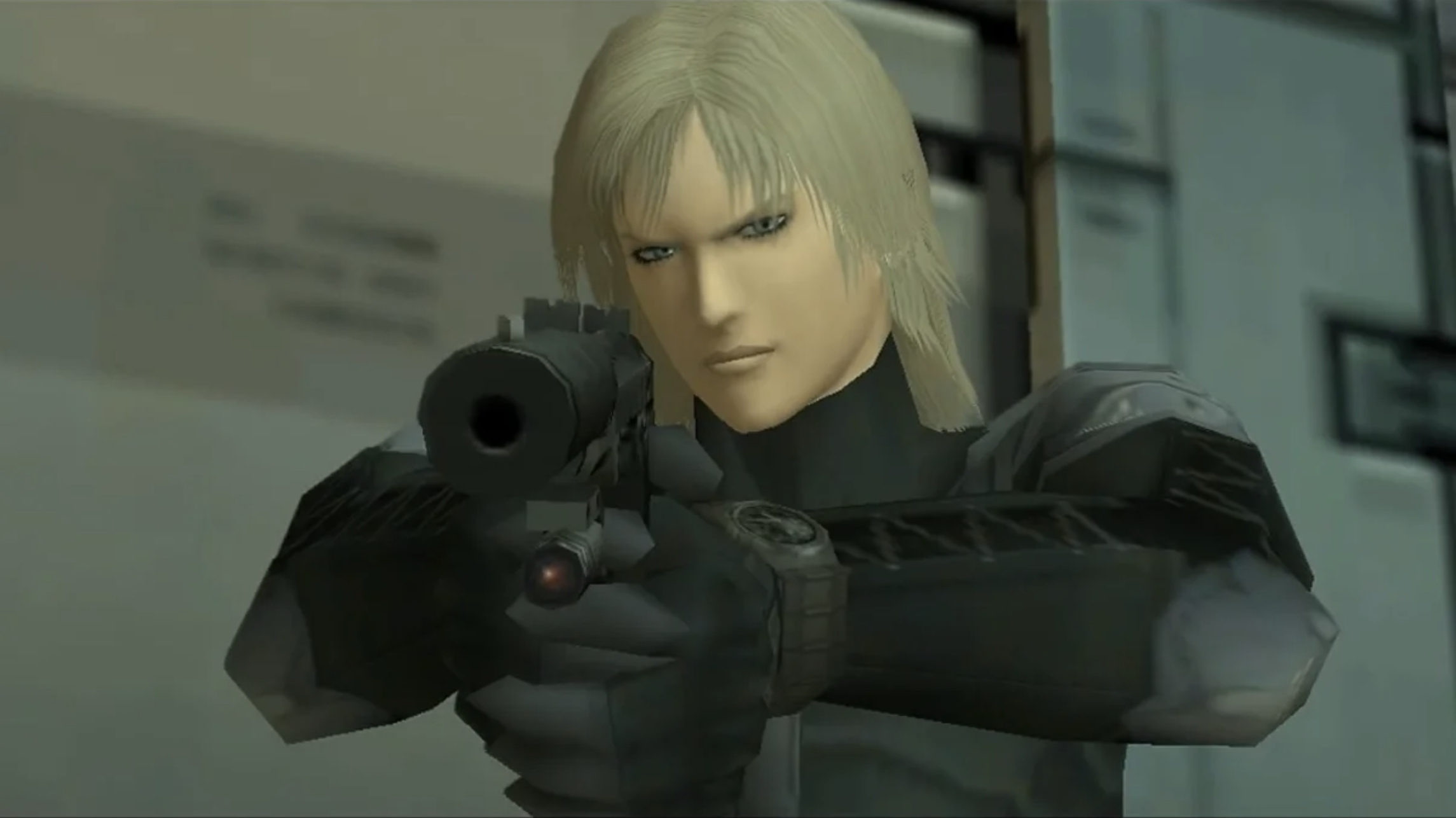
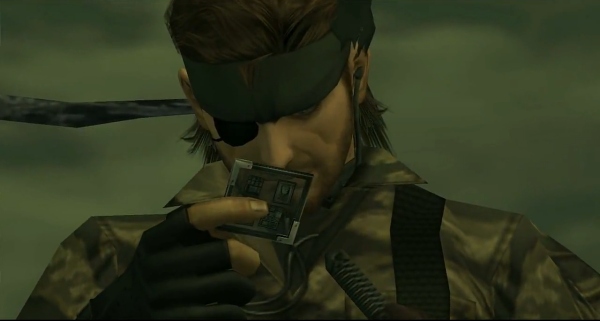
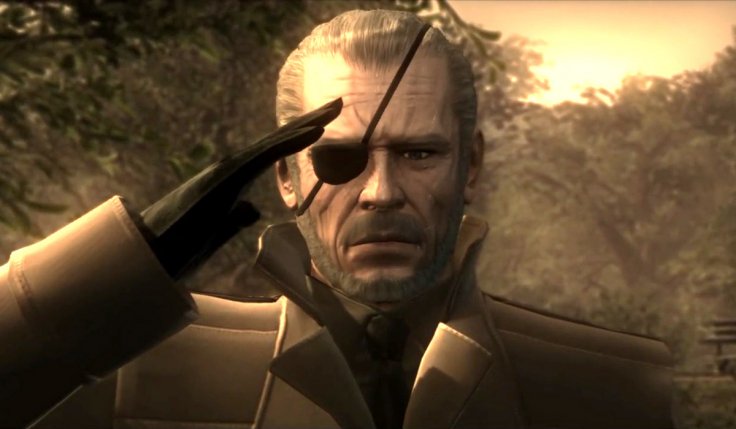
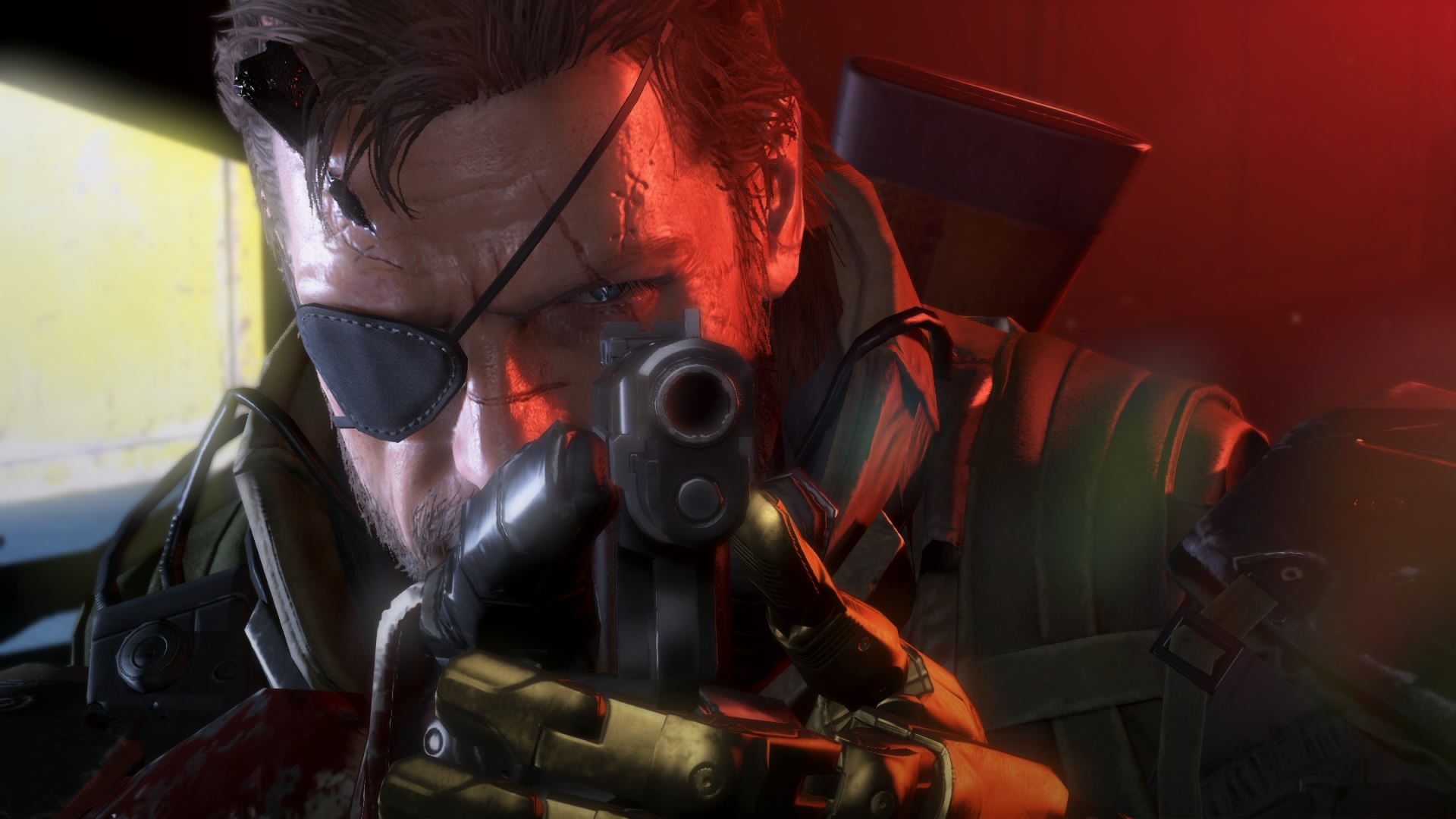
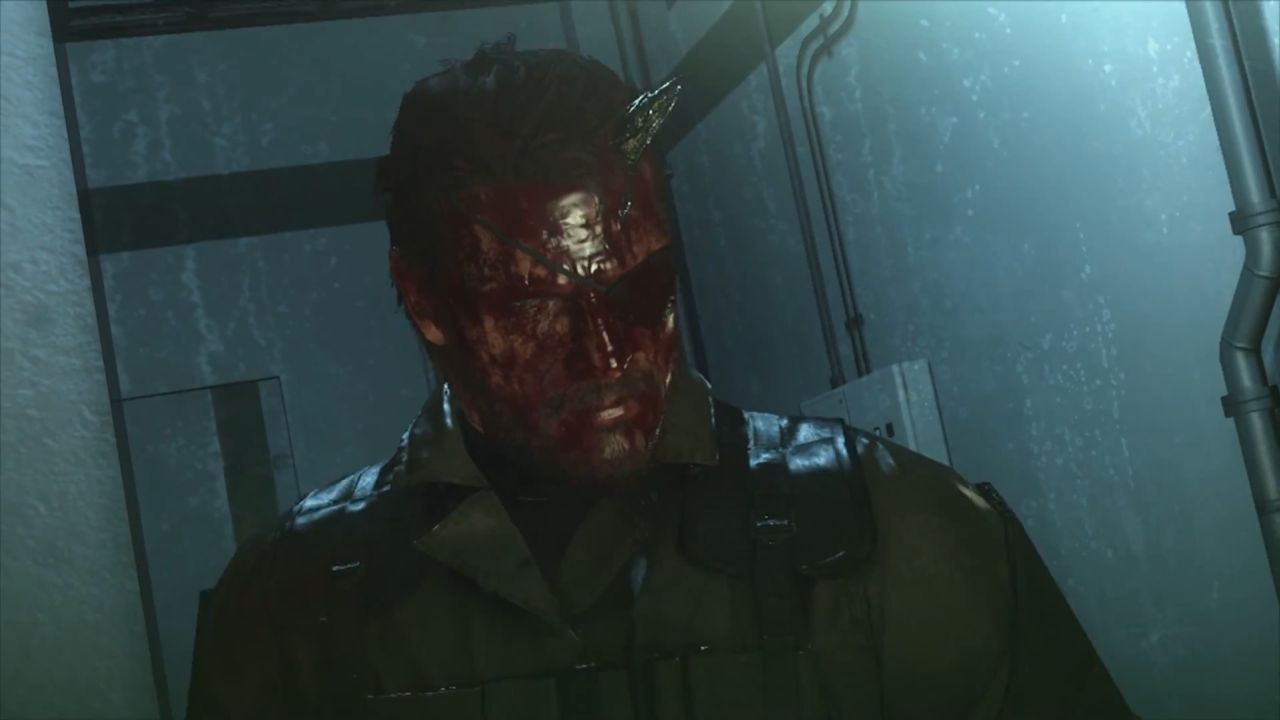
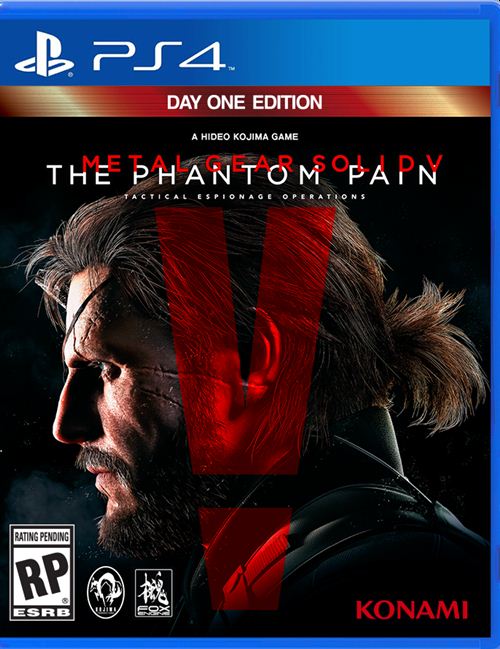
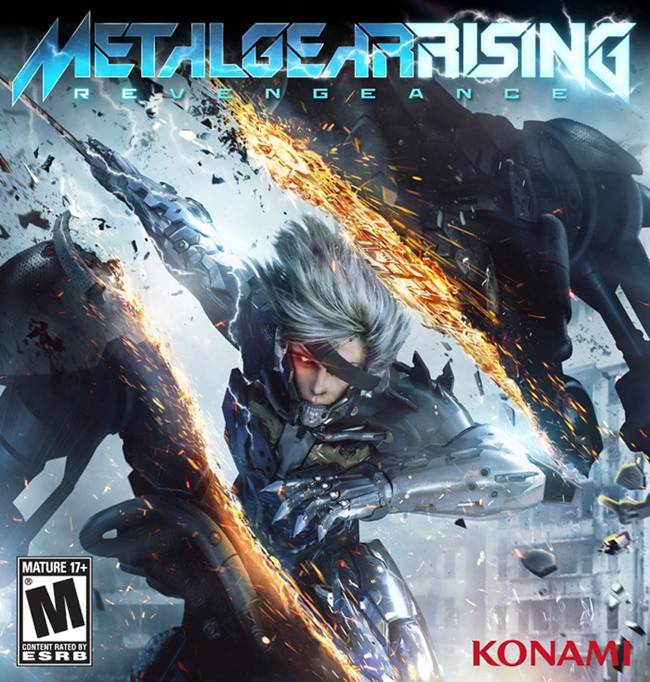
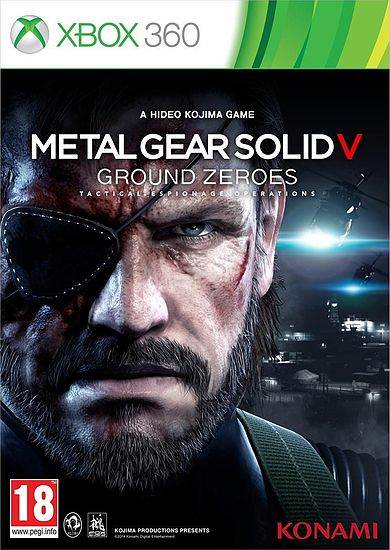

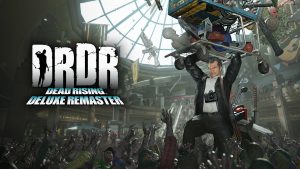




Share Your Thoughts Below (Always follow our comments policy!)